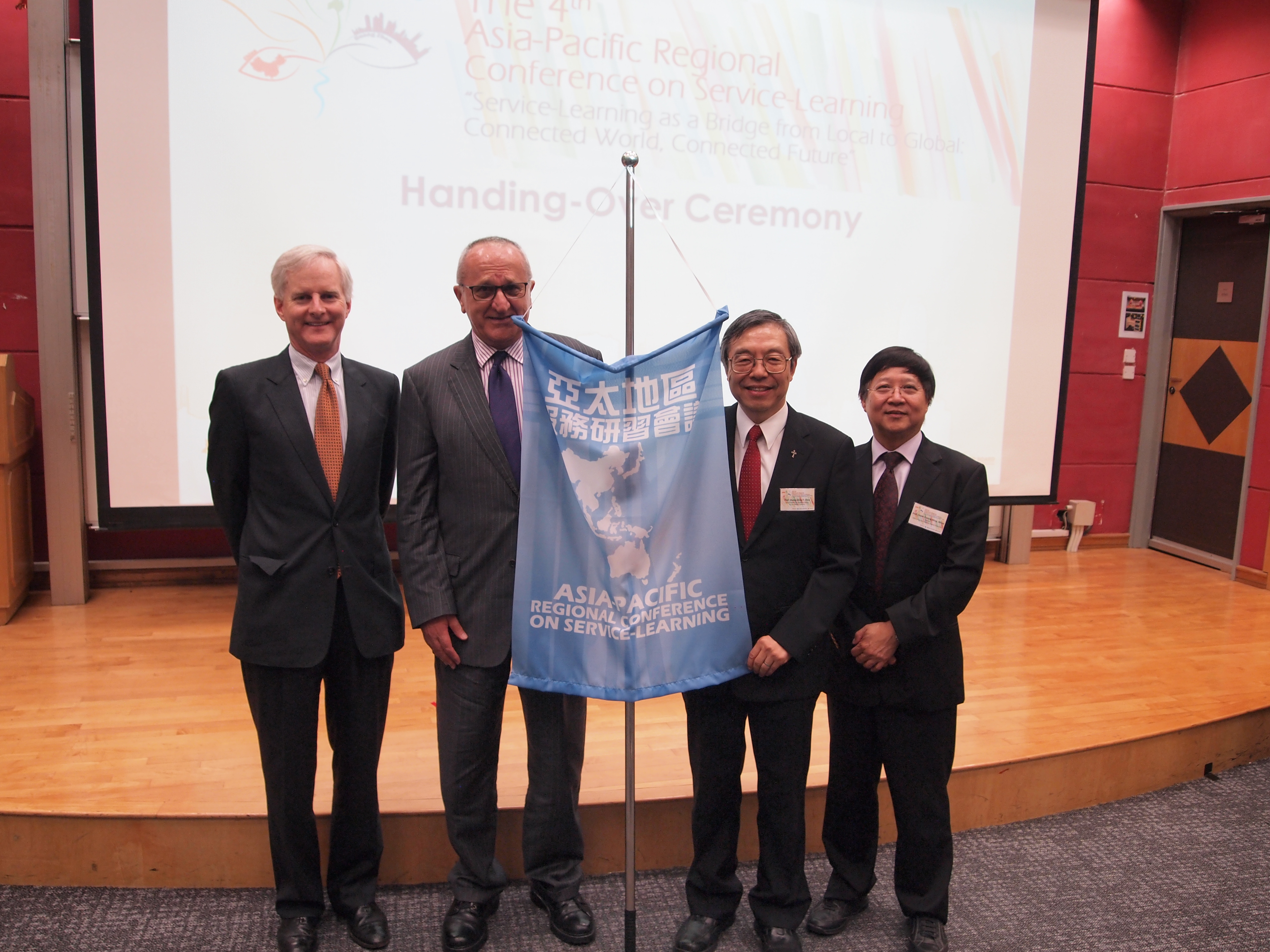Location
MD203, Paul Cardinal Shen Medical Building, Fu Jen University
Start Date
29-5-2015 4:20 PM
End Date
29-5-2015 5:30 PM
Description
With Service-Learning gaining more acceptance and greater momentum in Asia, practitioners raise new concerns around ethical issues in its goal and practice. Ethics has to do with choosing between alternatives that must be evaluated as right (ethical) or wrong (unethical). For example, since the primary concern of Service-Learning is students' learning, what about the host communities? How do we ensure that service-learning does not treat them as mere laboratory and their stories and lives as mere artifacts or objects for study? In terms of student learning, is it enough for students to be able to make a comparison between their situation and that of t he communities, without critiquing the tendency towards a sense of class and privilege? The International Service-Learning program that the United Board for Christian Higher Education in Asia organized last July 2014 in central Philippines raised these and many other ethical is sues. For Service-Learning to be truly a journey of love and service, it is important to consider these issues during the planning, implementat ion and evaluation of any S-L. Indeed, it would be better for SL practitioners and advocates to consider taking a Social-Justice Approach (Tania D. Mitchell) - which includes (a) social change orientation; (b) working to redistribute power; and (c) developing authentic relationships.
Recommended Citation
Peng, Y. (2015, May). Applying critical pedagogy in service learning practice: A path to social justice. Paper presented at the 5th Asia-Pacific Regional Conference on Service-Learning: Love Journey: Community Engagement through Service-Learning, Fu Jen Catholic University, Taiwan.
Included in
Applying critical pedagogy in service learning practice : a path to social justice
MD203, Paul Cardinal Shen Medical Building, Fu Jen University
With Service-Learning gaining more acceptance and greater momentum in Asia, practitioners raise new concerns around ethical issues in its goal and practice. Ethics has to do with choosing between alternatives that must be evaluated as right (ethical) or wrong (unethical). For example, since the primary concern of Service-Learning is students' learning, what about the host communities? How do we ensure that service-learning does not treat them as mere laboratory and their stories and lives as mere artifacts or objects for study? In terms of student learning, is it enough for students to be able to make a comparison between their situation and that of t he communities, without critiquing the tendency towards a sense of class and privilege? The International Service-Learning program that the United Board for Christian Higher Education in Asia organized last July 2014 in central Philippines raised these and many other ethical is sues. For Service-Learning to be truly a journey of love and service, it is important to consider these issues during the planning, implementat ion and evaluation of any S-L. Indeed, it would be better for SL practitioners and advocates to consider taking a Social-Justice Approach (Tania D. Mitchell) - which includes (a) social change orientation; (b) working to redistribute power; and (c) developing authentic relationships.
